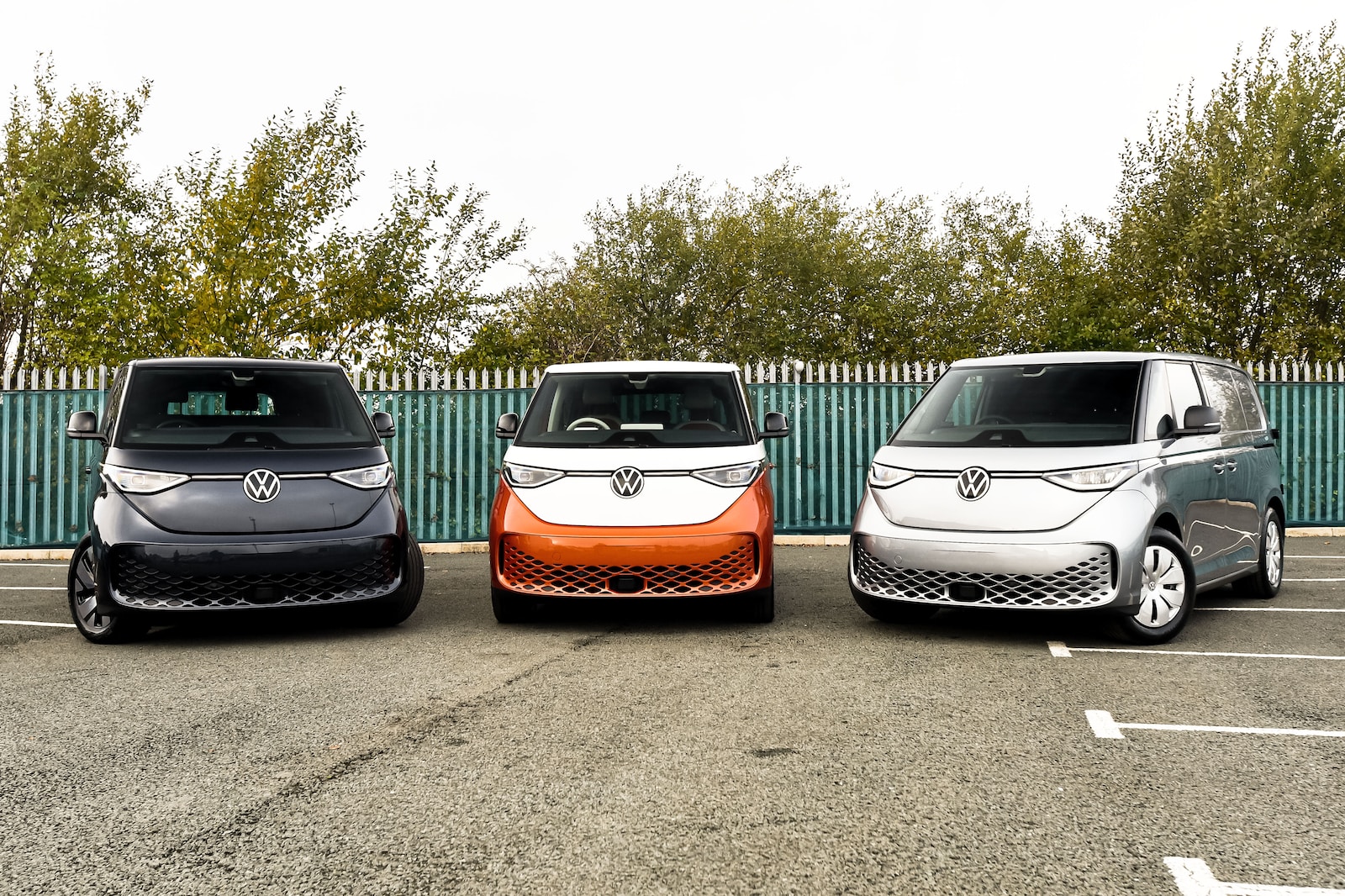Key Takeaway: The transition to electric vehicles is gaining momentum, but there are no current plans to force individuals to buy them. While there are incentives and benefits to owning an electric vehicle, alternative options such as hybrid vehicles and low-emission alternatives are available for those who prefer not to switch. It’s important to stay informed about the developments in the automotive industry and understand the advantages and limitations of electric vehicles.
The automotive industry is experiencing a shift towards electric vehicles due to several factors. One of the main drivers is the increasing awareness and concern about climate change and the need to reduce greenhouse gas emissions. Governments around the world are setting stricter emissions standards and encouraging the adoption of EVs through incentives and subsidies.
Additionally, advancements in battery technology have significantly improved the range and performance of electric vehicles. This has made them a more viable option for everyday use, addressing one of the major concerns people had about EVs in the past.
Will I be Forced to Buy an Electric Vehicle?
The short answer is no. There are currently no plans to force individuals to buy electric vehicles. The transition to EVs is happening organically as more people recognize the benefits they offer. Governments and regulatory bodies are supporting this transition through incentives and infrastructure development, but there is no mandate to switch to electric vehicles.
However, it’s important to note that over time, regulations and policies may evolve to encourage or even require more sustainable transportation options. This could include restrictions on high-emission vehicles in certain areas or the implementation of stricter emissions standards. These measures are aimed at reducing pollution and improving air quality, but they don’t necessarily mean that you will be forced to buy an electric vehicle.
The Benefits of Electric Vehicles
Electric vehicles offer several advantages that make them an appealing option for many individuals. Here are some of the benefits:
Environmental Impact
Electric vehicles produce zero tailpipe emissions, which helps reduce air pollution and combat climate change. By driving an electric vehicle, you can contribute to a cleaner and greener future.
Cost Savings
While the upfront cost of electric vehicles can be higher than traditional gasoline-powered cars, they offer long-term cost savings. Electric vehicles have lower operating costs due to the lower cost of electricity compared to gasoline. Additionally, the maintenance costs of EVs are generally lower since they have fewer moving parts and don’t require oil changes.
Technological Advancements
Electric vehicles are at the forefront of technological innovation. They often come equipped with advanced features, such as regenerative braking, smart infotainment systems, and enhanced safety features. Owning an electric vehicle allows you to experience the latest advancements in automotive technology.
The Limitations of Electric Vehicles
Despite their numerous benefits, electric vehicles do have some limitations and challenges. It’s essential to consider these factors when deciding whether or not to switch to an electric vehicle:
Range Anxiety
Range anxiety refers to the fear of running out of battery power while driving. Although the range of electric vehicles has improved significantly, it can still be a concern, especially for long-distance travel. However, the growing network of charging infrastructure and advancements in fast-charging technology are mitigating this issue.
Charging Infrastructure
The availability and accessibility of charging stations vary depending on your location. While urban areas usually have a relatively robust charging network, rural areas may have limited options. However, governments and private entities are working towards expanding the charging infrastructure to make EV charging more convenient for everyone.
Potential Drawbacks
Electric vehicles may not be suitable for everyone due to certain drawbacks. For example, EVs may have limited cargo space compared to larger gasoline-powered vehicles. Additionally, the time required to charge an electric vehicle is longer than refueling a traditional car with gasoline. However, these drawbacks are continually being addressed and improved upon as the technology progresses.
Alternative Options to Electric Vehicles
If you’re not ready to make the switch to an electric vehicle, there are alternative options available. One popular choice is hybrid vehicles, which combine an internal combustion engine with an electric motor. Hybrid vehicles offer improved fuel efficiency and reduced emissions compared to traditional gasoline-powered cars.
Another alternative is exploring low-emission vehicles, such as those powered by hydrogen fuel cells or compressed natural gas (CNG). These vehicles have their own advantages and may be suitable for individuals who prefer alternative fuel sources.
Incentives, Grants, and Subsidies
To encourage the adoption of electric vehicles, many governments and organizations offer various incentives, grants, and subsidies. These can include tax credits, rebates, and reduced registration fees for electric vehicle owners. It’s worth researching the incentives available in your area to understand the potential financial benefits of owning an electric vehicle.
The Future of the Automotive Industry
The automotive industry is continuously evolving, and the future holds exciting possibilities. While electric vehicles are gaining momentum, it’s important to stay informed about the latest developments. This includes advancements in battery technology, the expansion of charging infrastructure, and the introduction of new low-emission alternatives.
As technology progresses, electric vehicles are likely to become even more affordable, with longer ranges and faster charging times. This could make them a more appealing option for a broader range of individuals. However, it’s important to remember that the automotive industry will continue to offer a variety of vehicle choices to suit different preferences and needs.
Conclusion
In conclusion, you will not be forced to buy an electric vehicle if you don’t want to. While the transition to electric vehicles is gaining momentum, it is happening organically, driven by the benefits they offer rather than by force. Alternative options, such as hybrid vehicles and low-emission alternatives, are available for those who may not be ready to make the switch.
It’s important to consider the advantages and limitations of electric vehicles when making a vehicle choice. Stay informed about the developments in the automotive industry, explore the incentives available to you, and make a decision that aligns with your personal preferences and needs. The future of transportation is undoubtedly exciting, and the automotive industry will continue to evolve to meet the diverse demands of consumers.



